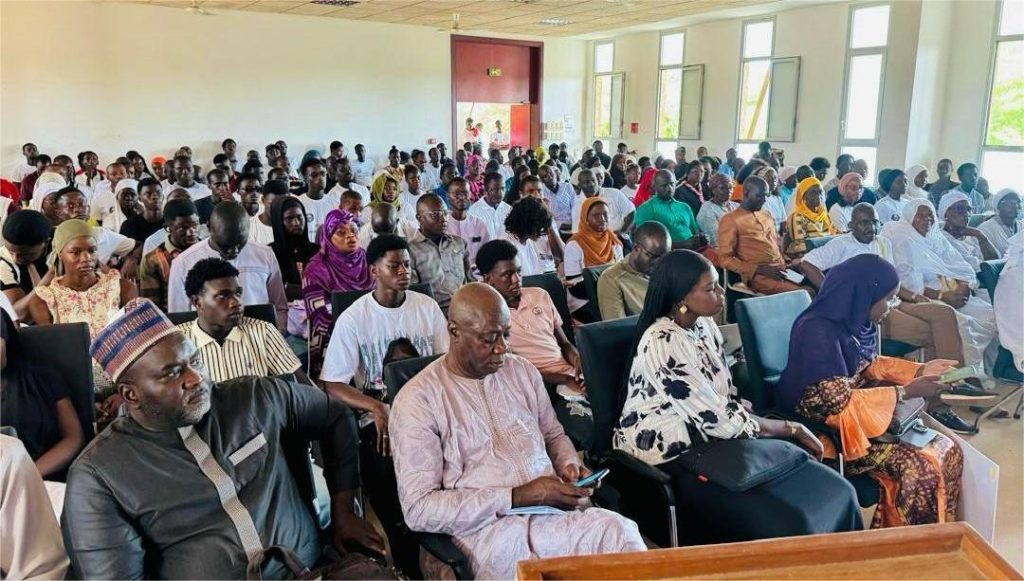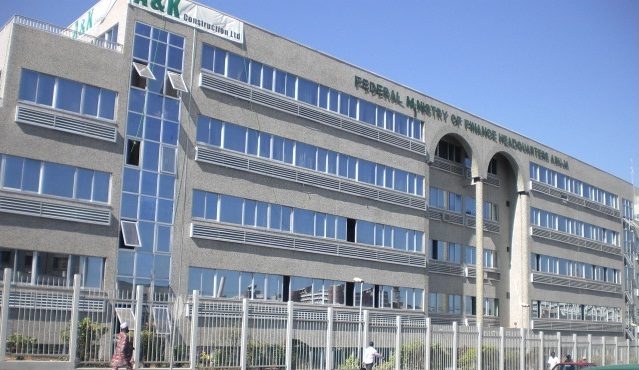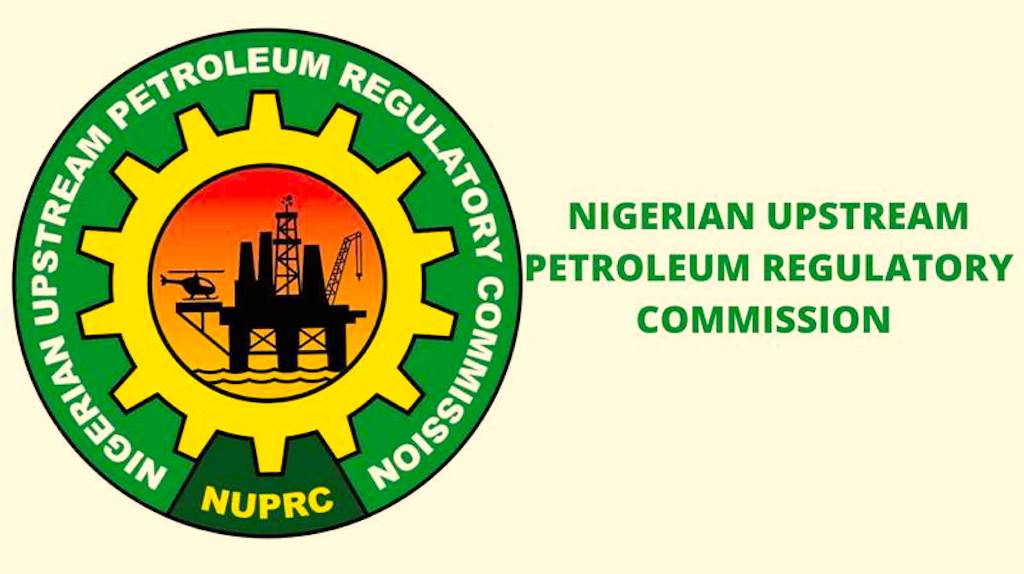International ratings agency Moody’s has upgraded Ghana’s long-term foreign currency credit rating to Caa1 from Caa2. The upgrade was due to improved prospects for debt reduction and macroeconomic stabilization under the country’s ongoing IMF-supported reform programme.
The outlook has also been revised to stable from positive, reflecting increasing confidence in Ghana’s fiscal trajectory. The announcement, made on Friday, October 10, 2025, marks a significant step in Ghana’s credit recovery efforts following years of fiscal strain, high inflation and currency volatility.
Moody’s observed that Ghana’s improved rating reflects ongoing fiscal consolidation, successful debt restructuring efforts, and increased foreign reserve buffers, all of which have strengthened the country’s capacity to meet external obligations.
“Greater macroeconomic stability and favourable external dynamics are supporting more controlled funding costs and foreign exchange reserve replenishment,” Moody’s noted.
The agency stated that Ghana’s debt metrics are progressing more straightforwardly towards sustainability, backed by careful budget management and the ongoing IMF Extended Credit Facility (ECF) programme.
The stable outlook indicates that, although challenges persist, particularly from fluctuations in global commodity prices and external financing pressures, the risk of further deterioration has diminished.
Ghana’s economy has demonstrated signs of a strong recovery in 2025, with single-digit inflation, a more stable cedi, and increased investor confidence.
The fiscal position also keeps improving as the government sustains primary surpluses and tightens expenditure controls in accordance with the Fiscal Responsibility Framework.
Moody’s upgrade could further lower Ghana’s borrowing costs, enhance market sentiment and strengthen access to international capital markets. These developments are key to sustaining economic growth and completing debt restructuring efforts with private creditors.
Public debt has fallen to ₵629 billion ($51.6 billion), or 44.9% of GDP, by July 2025, down from ₵764 billion (64.9%) a year earlier.
Boosted by strong gold prices, Ghana’s international reserves surged 43% to $10.7 billion by August, while inflation dropped to 9.4% in September, the country’s first single-digit rate in four years.
This development coincides with the IMF’s staff-level agreement with Ghana under the $3 billion Extended Credit Facility, paving the way for a $385 million disbursement once approved by the IMF Executive Board.
The Fund has lauded Ghana’s progress in stabilising inflation, rebuilding reserves, and maintaining fiscal discipline, key indicators that the country’s macroeconomic recovery is firmly taking hold.
The announcement coincided with the IMF’s staff-level agreement with Ghana following the Fifth Review Mission under the $3 billion Extended Credit Facility (ECF), paving the way for an additional $385 million disbursement once approved by the IMF Executive Board.
Finance Minister Dr Cassiel Ato Forson hailed the Moody’s upgrade as “a powerful validation of Ghana’s disciplined and comprehensive economic reset strategy,” led by President Mahama’s Reset Agenda.
He emphasised that the government’s reform momentum has translated into faster non-oil sector growth, lower interest rates, and a stronger fiscal position.
Analysts say the improved rating could lower Ghana’s borrowing costs, boost investor confidence, and enhance access to international capital markets.
The post Moody’s boosts Ghana’s rating, signals stable economic outlook appeared first on The Herald ghana.



